Market Share
Battery Recycling Market Share Analysis
Market share positioning strategies are very important for stakeholders in the battery recycling market to strengthen their ground, differentiate themselves and capture value from increasing demand of green waste disposal. Strategies include technological differentiation. The battery recycling market companies seek the distinction by investing in advanced technologies for material recovery. The breakthroughs in sorting, shredding and separation methods stimulate recycling operations’ productivity helping to raise the rates of productive recovery as well as economic feasibility. Technological differentiation successfully strengthens a company’s competitive position as well helps it to be recognized as an industry leader in driving the development of sustainable recycling practices. The second important market share positioning strategy for battery recycling is geographical diversification. Considering the worldwide access to electronic waste and battery recycling, firms plan their operations across countries. Such an approach allows them to access markets, adapt their business in different regulatory environments and take advantage of regional preferences and needs. Companies can implement smoother and more effective collection networks, as well as recycling facilities in key markets that would ensure prompt response to the varying needs of different regions. Strategic alliances and collaborations are also an important element in explaining the positioning of market share within the battery recycling industry. Companies enter partnerships with battery makers technology providers, organizers of waste collection and governmental agencies to arrive at the integrated solutions. The networks help in improving the entire value chain, making it easier to collect and transport used batteries for recycling. Moreover, collaborations further knowledge sharing and innovation leading to the development of best practices in a sector integrating companies as a grouped cooperation that seeks sustainable solid wastes. Market share in the battery recycling industry is strongly dependent on a successful brand position. In this way a powerful and identifiable brand that promotes environmental credibility, technological leadership as well commitment to circular economies can have a considerable impact on stakeholder perception. Hence, the companies that try to present their brand as a sign of environmentally friendly recycling practices are more likely to attract eco-conscious consumers and businesses whose purchasing power will lead them further in market share growth. Brand positioning is related to corporate values and public relations programs, constructive image that appeals those who value responsible waste management. Cost leadership is a basic underlying strategy that battery recycling firms use in order to achieve competitive edge and gain market share.


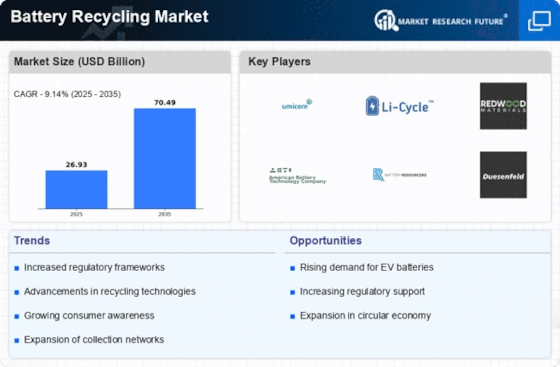
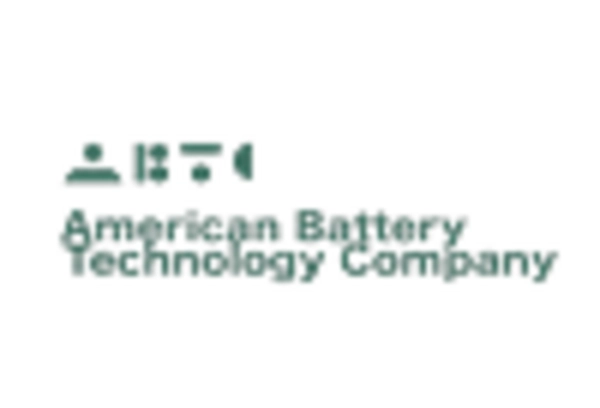
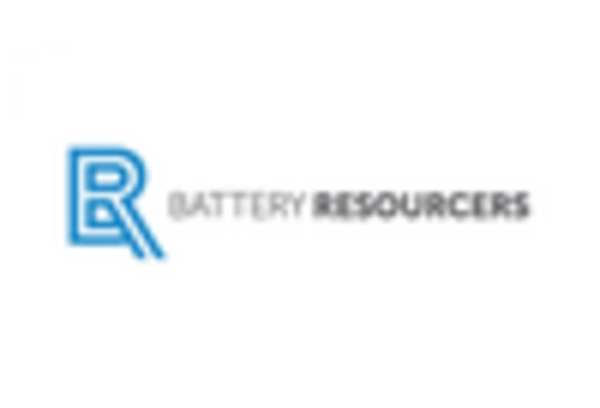
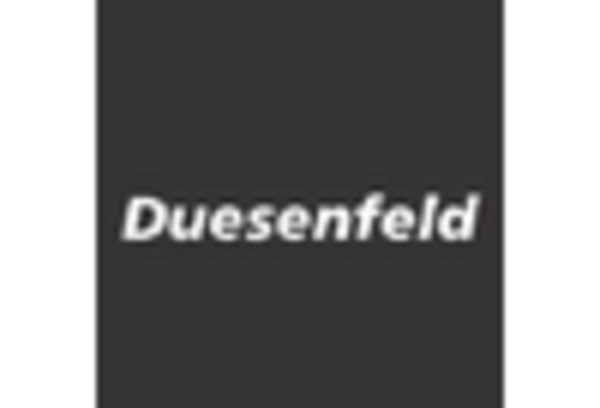
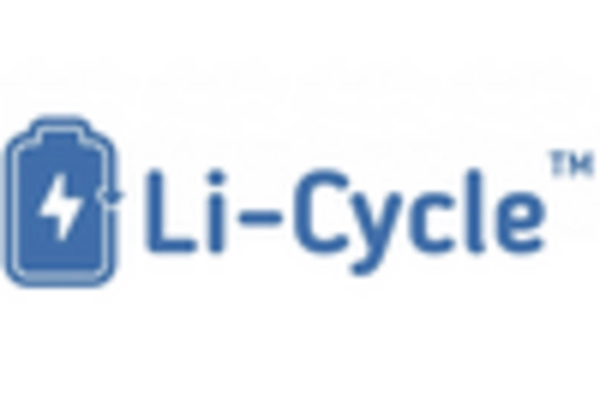

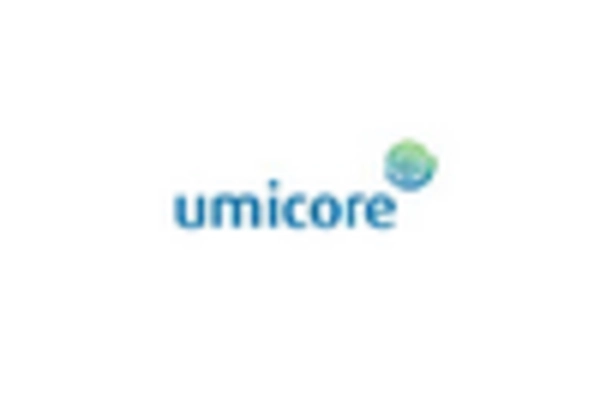









Leave a Comment